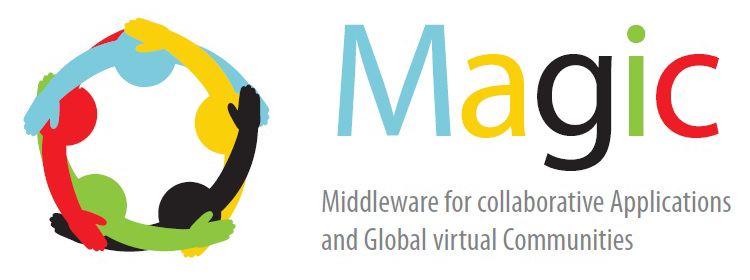About This Course
As part of the MAGIC project real-time communications work package, the MCONF webconference system was integrated to the traditional video-network (hardware terminals, MCUs, etc) using the SIP protocol. The systems integration allows an end-user to dial from a webconference to a SIP terminal and viceversa. Other functionalities like content sharing are also implemented. This course has the objective to promote and enable the NREN administrators for carrying out MCONF to SIP integration in their own environments. The participants will see the integration architecture, and how the components work togheter to achieve each function. Furthermore, the students will receive an introduction of how it is implemented, and the references to obtain further information. The course is divided in two main sections, the first regarding the SIP network and MCONF webconference integration, and the second that abord the statistics system. In the first section, the student will see the elements and how the communicate and interact in order to transfer audio and video between the systems. The second section deals with a crucial components architecture of statistics. The system is oriented to have all details on call setup, communication and performance.

